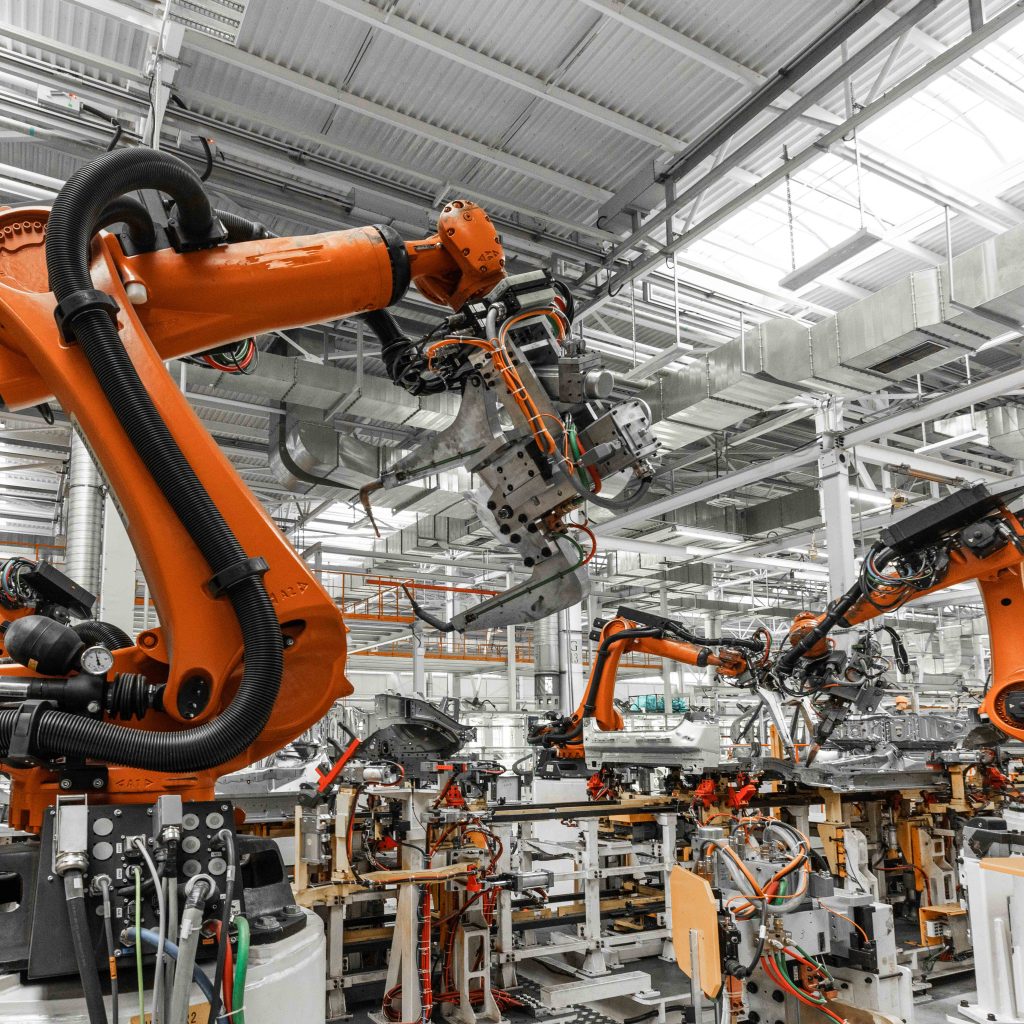Introduction:
With the advancement of industrial technologies, SCADA systems have become one of the key tools for managing and monitoring industrial processes. With the possibility of remote control and data collection, these systems help companies and industries to achieve greater productivity. In this blog, we will examine the details of SCADA systems, their components, applications and benefits of using these systems in various industries.
What are SCADA systems?
SCADA stands for “Supervisory Control and Data Acquisition”. These systems enable optimal monitoring and management by collecting data from different points of an industrial process and sending it to a control center. SCADA allows operators to remotely control complex processes and take necessary actions quickly in case of problems.
The main components of the SCADA system and their role:
- Data acquisition units (RTUs): Data acquisition units or RTUs collect data from various sensors and devices at the industrial process level and send it to the control center. RTUs are usually installed in locations where key processes are running and require continuous monitoring.
- Programmable logic controllers (PLC): PLCs are another part of SCADA systems that are responsible for controlling and monitoring processes. These devices can perform various operations in a programmed manner and show the necessary reactions to the collected data at the required time.
- HMI software: Human user interface (HMI) software allows operators to view and control running processes through a graphical user interface (GUI). HMIs act as a communication bridge between the operator and the SCADA system and display the necessary information graphically.
- Communication systems: Communication systems in SCADA play an important role in transferring data between different system components. These systems can use wired, wireless, or a combination of both to transmit data securely and reliably to the control center.
Applications of SCADA systems in different industries:
- Monitoring and management of power networks: SCADA systems are widely used in power industries to monitor distribution and power generation networks. These systems enable remote control and intelligent management of power grids and help to increase the stability and efficiency of grids.
- Control of industrial processes: In industries such as oil and gas, petrochemical and material processing, SCADA is used to monitor and control processes precisely. These systems can help reduce unexpected downtime, optimize energy consumption, and increase productivity.
- Management of distribution and transportation networks: SCADA also plays a role in managing the distribution networks of products and raw materials as well as transportation systems. These systems help improve efficiency and reduce operating costs.
Advantages of using SCADA systems:
- Improved efficiency and productivity: Using SCADA systems, industries can accurately control and monitor their processes, which leads to increased productivity and reduced costs.
- Increasing safety and reducing risk: By providing accurate and real-time information on the status of processes, SCADA enables quick response to problems, which helps to increase the safety of systems.
- Remote control: One of the main advantages of SCADA is the possibility of remote control of processes, which is especially useful in industries with geographically dispersed facilities.
SCADA systems implementation challenges:
Despite the many benefits that SCADA systems bring, their implementation also comes with challenges. These challenges include high installation and maintenance costs, the need for robust communication infrastructure, as well as security issues. As a result, companies should thoroughly analyze their needs and plan carefully before implementing SCADA.
Conclusion:
SCADA systems help to increase productivity and reduce costs by enabling precise monitoring and control of industrial processes. With the development of technology and communication, SCADA applications are expected to increase in various industries and play an important role in the intelligent management of processes. Industries should seek to take advantage of SCADA as a strategic tool to improve performance and increase their competitiveness.



